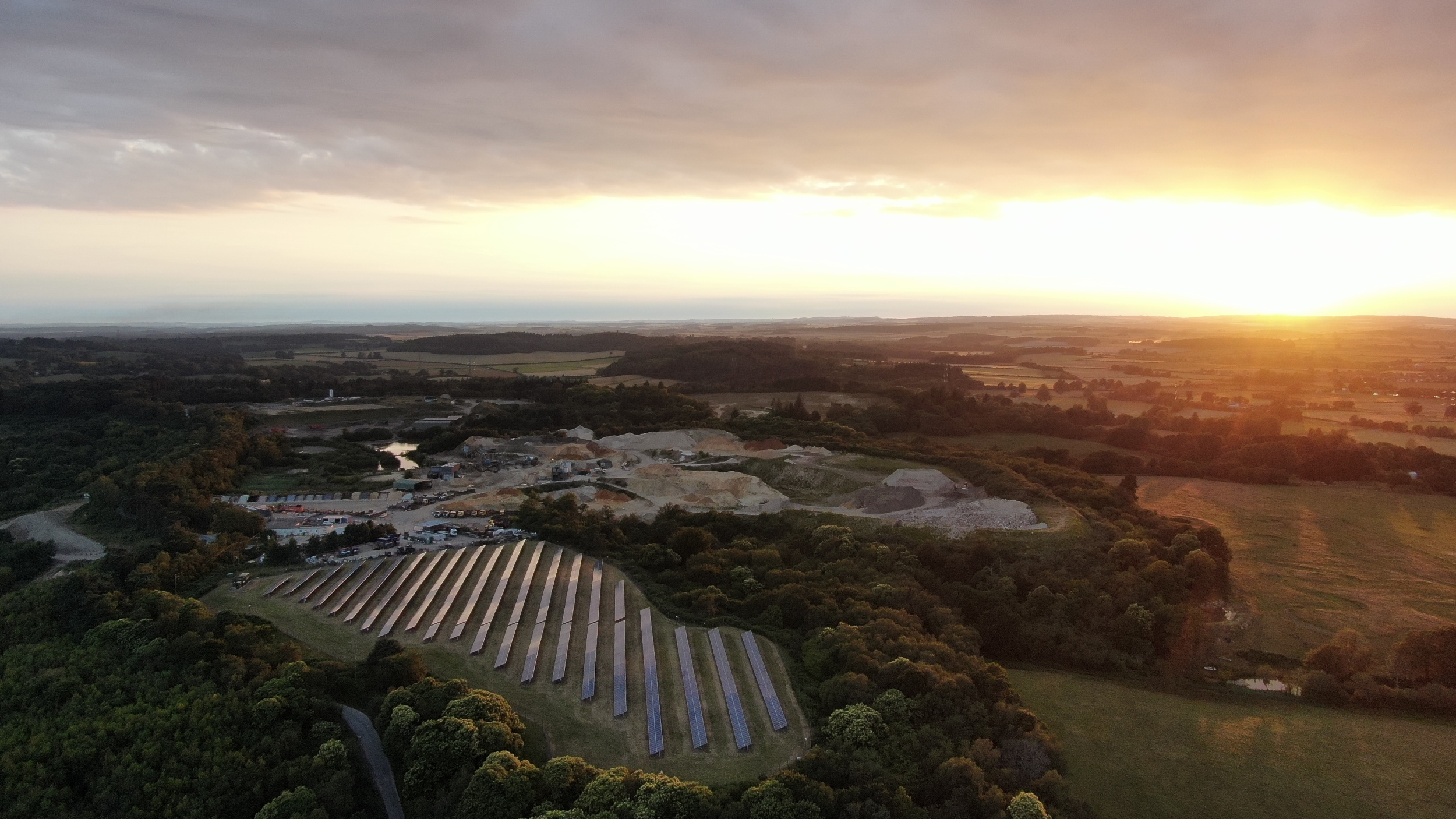
The Politecnico’s Contribution to Improving Territorial Planning: The Case of Extractive Activities
Politecnico di Torino has once again demonstrated its role as a partner capable of generating added value for regional institutions, helping to improve public decision-making, providing scientific validation, and ensuring greater protection of the environment and public safety. In coordination with the Istituto di Ricerche Socio Economiche del Piemonte - IRES, the University contributed to the revision of the Piano Regionale delle Attività Estrattive - PRAE – the Regional Extractive Activities Plan for Piedmont. Officially presented on September 30, 2025, the PRAE provides a unified framework for quarrying and mining activities in the region, seeking to balance territorial values, extractive operations, and market needs.
Explaining the work, Professor Glenda Taddia, from the Department of Environment, Land and Infrastructure Engineering-DIATI and academic lead for the Politecnico, explains: “Our collaboration began between 2017 and 2018, with a framework agreement between IRES and Politecnico to revise and update the existing regional plan on extractive activities”.
Given the complexity of the subject, the project required a broad, multidisciplinary perspective. Alongside Politecnico di Torino – with the Department of Environment, Land and Infrastructure Engineering-DIATI, the Interuniversity Department of Regional and Urban Studies and Planning-DIST, and the Department of Energy “Galileo Ferraris”-DENERG – Università di Torino also participated. Its contributions included mining methods and slope stability, with the Department of Earth Sciences-DST, as well as the economic, agricultural, and forestry aspects linked to extractive activities, with the Department of Agricultural, Forest and Food Sciences-DISAFA.
Politecnico provided technical and scientific support throughout the revision of the Plan, covering research areas ranging from applied geology, with a particular focus on hydrogeology, to excavation safety, renewable energy, land valuation, and Strategic Environmental Assessment - SEA for mining and quarrying activities.
The process was long and complex: researchers analysed a vast amount of material. The contribution of IRES and the Regione Piemonte’s technical offices was essential, ensuring that Università and Politecnico di Torino’s research was grounded in practical experience and field analysis.
“By showcasing the high level of scientific and applied expertise within the regional higher education system, we succeeded in defining the framework for regional quarry planning consistent with the goals of industrial development, sustainability, and the circular economy”, comments Engineer Domenico Savoca, PRAE coordinator at IRES.
By the end of last year, the PRAE had been formally adopted by the Regional Executive Council, with all related documents made publicly available. Following final approval by the Regional Council, the plan was officially presented on September 30, 2025, as “a modern and forward-looking instrument, designed to enhance regional resources while respecting the environment, local communities, and the businesses that sustain the territory”. A key role was played by Engineer Domenico Savoca (IRES) in connecting the academic world with Dr. Edoardo Guerrini, Head of the Mining and Quarrying Department of the Piedmont Region, and with the two universities involved.
“Our involvement as Politecnico – emphasises Glenda Taddia – has been valuable in terms of innovation and in bringing together, “under one roof”, the wide range of expertise linked to extractive activities”.
For Politecnico, the project also offered significant benefits: researchers were able to work directly with public institutions that required reliable scientific guidance on pressing questions in environmental and land-use policy.